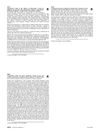a traditional, natural remedy touted for promoting scalp health and hair growth
nucleoside used for hair regrowth stimulant properties
natural substance from Neem tree with medicinal and pesticidal properties
herb and oil with stimulant, circulatory, anti-inflammatory and antioxidant properties




